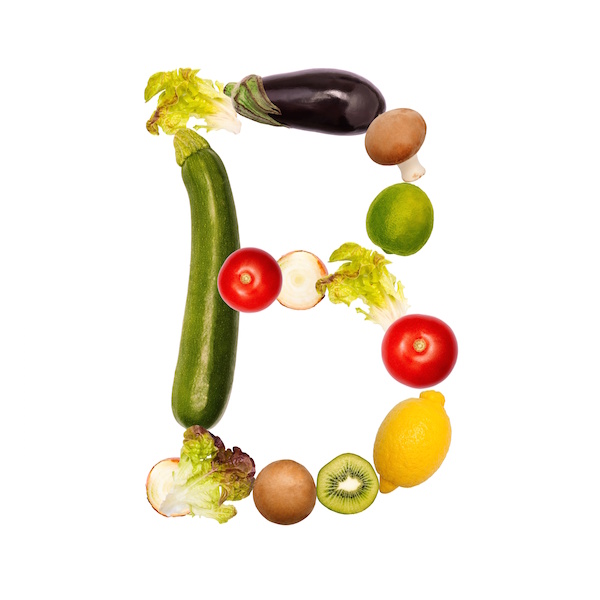
THURSDAY, Dec. 23 (HealthDay News) — Eating a vegetarian diet lowers kidney disease patients’ levels of potentially toxic phosphorus in the blood and urine, says a small new study.
Kidney disease patients have to limit their intake of phosphorous — which is found in dietary proteins and is a common food additive — because their bodies have difficulty ridding themselves of the mineral. In these patients, high levels of phosphorus can lead to heart disease and death.
This study examined the effects of vegetarian and meat-based diets on phosphorous levels in nine patients with chronic kidney disease (CKD). Each patient ate a vegetarian or meat-based diet for one week and then waited two to four weeks before eating the other diet for a week.
The researchers conducted blood and urine tests at the end of each week on both diets. Even though the two diets had equivalent protein and phosphorus concentrations, patients had lower blood and urine phosphorus levels after they ate the vegetarian diet.
The investigators didn’t examine the reasons for this difference, but they noted that a grain-based diet has a lower phosphate-to-protein ratio and much of the phosphate is in the form of phytate, which is not absorbed in humans.
The findings show that the source of protein in a diet has a major effect on phosphorous levels in chronic kidney disease patients, concluded Dr. Sharon Moe, Indiana University School of Medicine and Roudebush Veterans’ Affairs Medical Center, and colleagues.
“These results, if confirmed in longer studies, provide rationale for recommending a predominance of grain-based vegetarian sources of protein to patients with CKD. This diet would allow increased protein intake without adversely affecting phosphorus levels,” they wrote in a news release.
The study appears online Dec. 23 in the Clinical Journal of the American Society of Nephrology.
More information
The American Academy of Family Physicians has more about chronic kidney disease.

